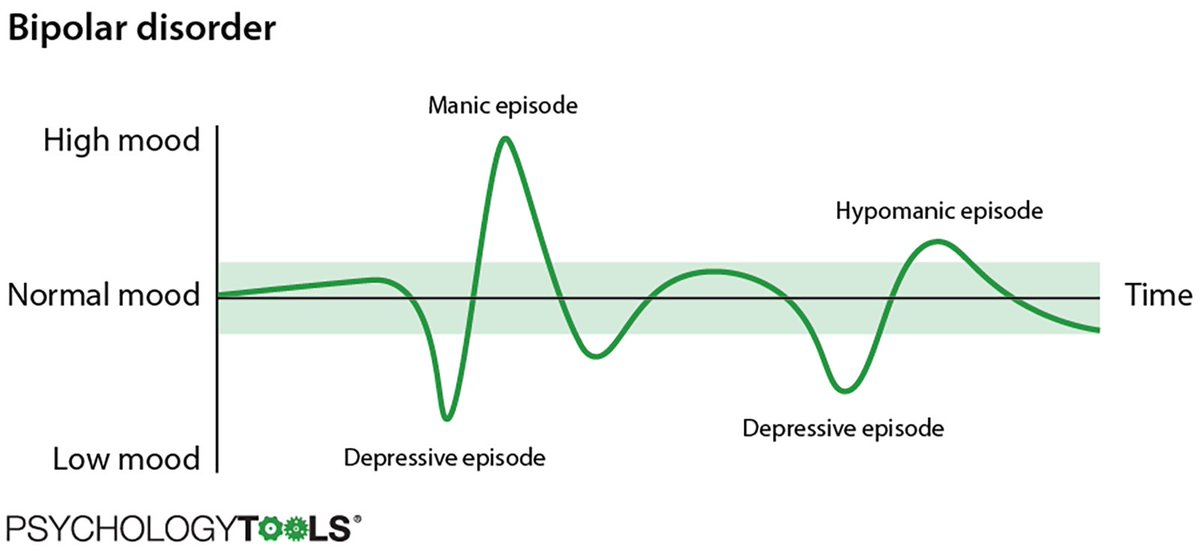Photo of the bright eager eyes of doctors in training: ( theafronews.com/health-home/lo… )

I know this is simple, but recognize that even for a single day or rotation, you are shaping the arc of their entire perception of your field. Many students will quickly see their staff's frustration and it will change how they learn and approach learning.
/1
Med students and residents get tons of didactic lectures. Don't do a slideshow. Teach with examples, interactive, and try to figure out (you know, you can ask) what they'd like to learn.
/2
/3
It's totally ok to "see one do one" but passive "watch me work" training discourages many schemes of learning, increases sense of inadequacy, and makes approaching work more intimidating.
"See one with me, and I'll guide you through the next one."/4
Even if you know an answer, encourage looking it up together or hit the reference yourself in front of them. Show how to learn, not what you know.
The shit you know will be out of date in a year anyway.
/5
Yeah, they could keep following you around all day, or, if you've seen something cool, encourage their reading while you see other patients and then come back and discuss what they learned. Or bookmark it for a timeslot the next day.
/6
Yes, many students come from privileged backgrounds. But medical learning is supremely stressful, extremely hierarchical,& students that are struggling to eat/afford life aren't going to volunteer that to you. Make it a policy to grab a coffee./7
They will have the rest of their career to navigate hardship solo. Model self care and allow them to practice it.
"I'm having a really shitty morning" is a good reason to be late, we've all done it.
Overuse requires a conversation.
/8
Pimping for info from learners is a pastime that needs to die. Allow students to not know things (like you), to be wrong (like you) and to care of striving for perfect without ever needing to try to be perfect.
If a learner Fs up, SUPPORT.
/9
Give out your number. Give out your email. Explicitly say "hey, if you ever want to know more or need some help, reach out." Learners will assume they shouldn't.
Learners need mentors, and forever you will have more experience.
/10
Your learners would benefit from learning from the social workers, PTs, OTs, psychologists, nurses, aides, and technicians JUST LIKE YOU WOULD.
Try to show the medical world as a collection of colleagues, not cliques.
/11
I've changed, based off of the feedback I've gotten. Don't be defensive, do your best to receive it. If you are teaching the same way you did a decade ago, you likely are making a mistake (unless you're perfect).
/12
Being a physician is a commitment to advocacy and patient protection. Do your best to model it.
/13









